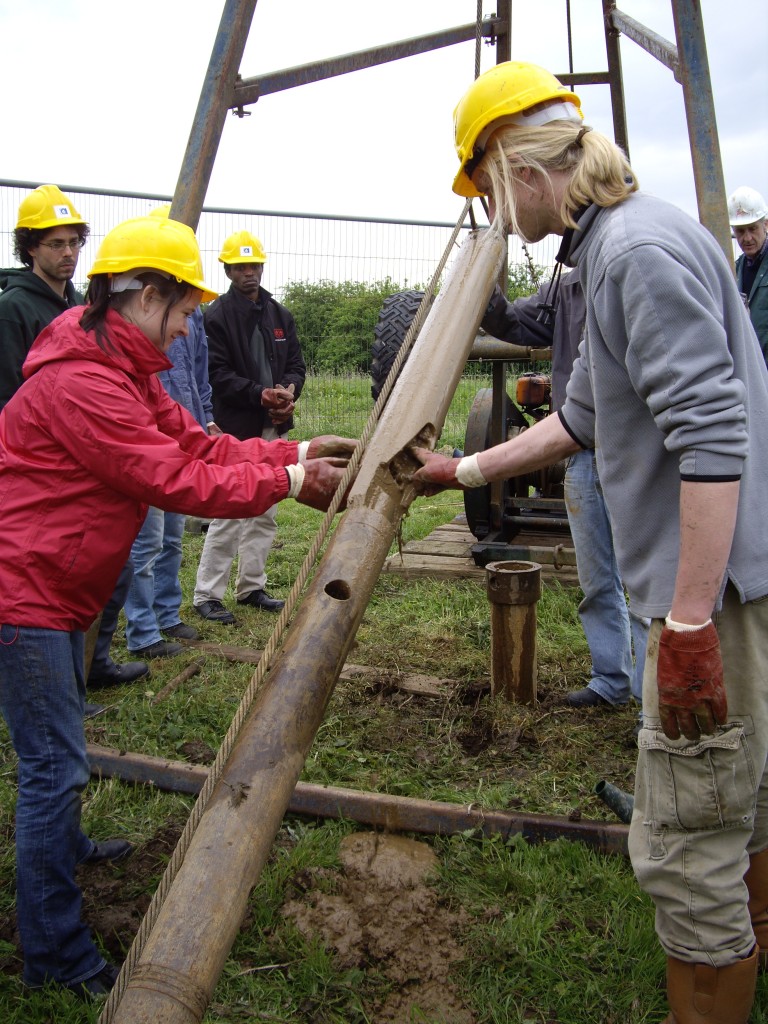Alison Parker explains how and why she ended up lecturing in International Water and Sanitation at Cranfield Water Science Institute.
Over millions of years, geological forces have built the Himalayas and carved the Grand Canyon and put abundant natural resources at human beings’ disposal. However, it is obvious that in the short time that humans have been on the planet they have had an enormous impact on these natural resources. Geologists have a unique perspective on that, because not only do they understand the true impacts on humans in their environment, they also spend plenty of time out of the office and in the field observing it for themselves.
A further challenge is that not only are these natural resources being degraded, they are also being unequally distributed across the global population. This is certainly true of mineral resources, but also of arguably our most important resource: water. The inequality in water is less obvious. It is easy to think of droughts and the suffering they cause, but even in areas with plenty of water people can end up drinking water that is polluted by their own waste, or spending hours every day collecting water for their families.
It is this challenge that struck me as a young geologist, and whilst my peers went off to study obscure microfossils, I commenced a career in hydrogeology, water and sanitation. I’m now a lecturer at Cranfield University, where I research all aspects of water and sanitation, from the community management of rural water to new solutions for urban sanitation.
As well as my research, I also teach our MSc in Community Water and Sanitation. Our students come from across the academic spectrum, from engineering to international development. But every year we welcome geologists on the course, and I find their inherent ability to integrate across disciplines and their global perspective an invaluable grounding for the course. Our graduates usually move straight into a career in the water and sanitation sector through the contacts they have been able to make during the course, not only the careers events but the thesis and group projects which are all completed in partnership with prospective employers. The thesis is a particularly popular aspect of the course as all students have the opportunity to travel overseas for their project and most receive funding to do so.
Every year, we offer bursaries to promising students with good degrees, including School bursaries of up to £9,000 for science, maths and environment graduates as well as funding through external organisations such as the Lorch Foundation. Further information on the course and funding opportunities is available on the Cranfield website. Please make sure you highlight any specific requests on you application, which should be made through the Cranfield enquiries team –appliedsciences@cranfield.ac.uk or +44 (0) 1234 754086.

